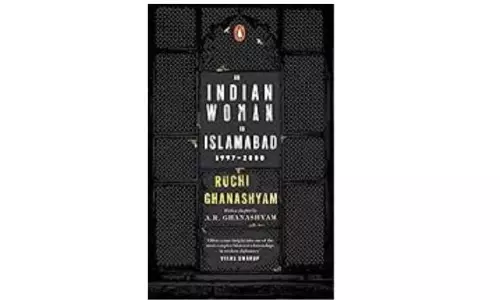Survey deconstructs reading preferences of schoolkids
What do school going students like to read or access what do they feel about their educational materials and why do they exhibit certain learning preferences;
What do school going students like to read or access what do they feel about their educational materials and why do they exhibit certain learning preferences
An ongoing survey powered by the Cambridge University Press and the German Book Office is attempting to provide a context for discussion with a diverse mix of teachers, publishers, authors and content creators.
Initiated at the recently concluded eighth edition of Jumpstart - an annual creative forum that brings together creators of children’s content, the survey attempts to delve into preferences of learners.
Reading preferences of children, the time they spend on their devices, who are they influenced by for making a choice on what to read and use as reference, what would they like to see more of in their textbooks, what components they spend time on and what does not interest them, all these find place in the survey.
Children’s opinions on gaming, discussions and use of other components linked to today’s books have also been included.
Initial findings reveal that out of those surveyed 41 per cent read one to two books outside their regular text books, 30 per cent read 3 to 5 books and 16 per cent read more than five books while the remaining do not read anything outside their syllabus.
It also finds that on the devices among other things children access educational material, 31 per cent access learning resources daily, 48 per cent access learning resources weekly and 13 per cent do not access learning via devices.
“The most important thing to note is that teachers and parents remain the key influencer to what children read and view. Over 90 per cent refer to advice from their parents, teachers or both. We are looking forward to get the opinion of students across India over the next few months,” says Ratnesh Jha, managing director, Cambridge University Press South Asia.
The survey open for the next three months and can be accessed at the Cambridge University Press website and at the Jumpstart website.





